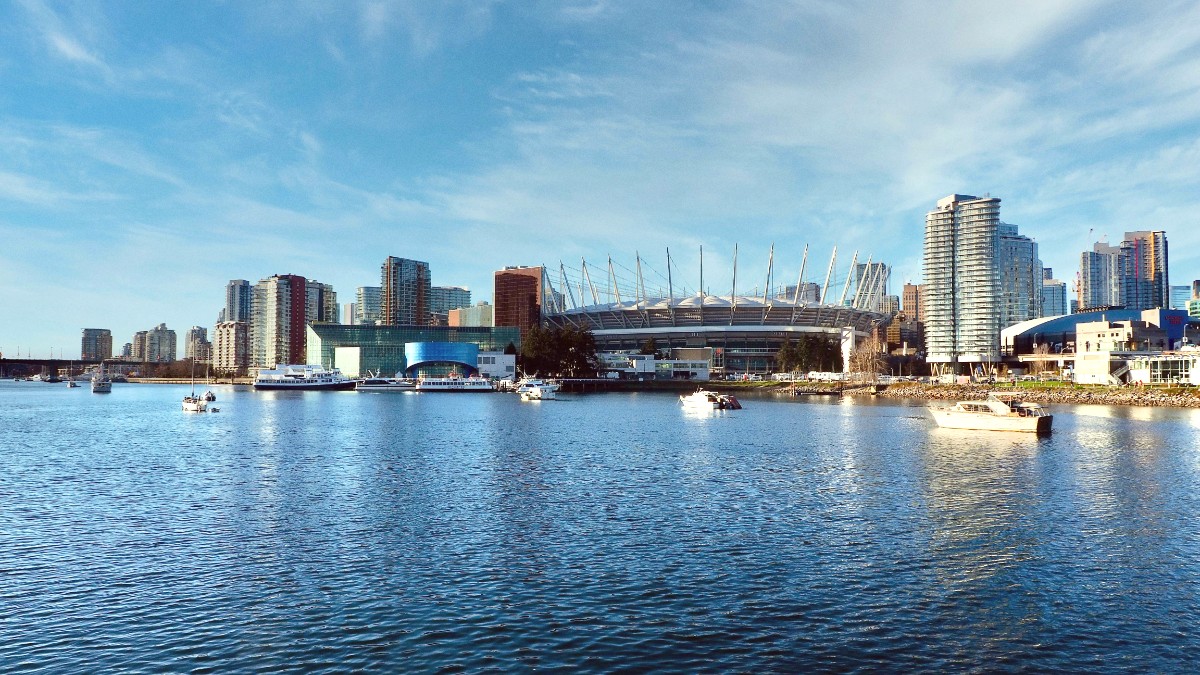
British Columbia, Canada
Vancouver Island contains numerous Provincial Parks and National Parks. These areas diligently safeguard significant ecosystems, from ancient rainforests to marine habitats. Adhere to park rules and regulations.
Recycling commonly appears and receives expectation throughout British Columbia. Search for designated blue bins for plastics, paper, and cardboard, and green bins for organic waste (food scraps).
While British Columbia generally registers as water-rich, southern Vancouver Island experiences summer droughts. These conditions prompt water restrictions. Conserve water where possible by shortening showers and turning off taps when not in use.
Your travel choices influence the environment. Responsible choices uphold natural beauty.
Some airlines furnish carbon offset programs, allowing contributions to projects that lessen greenhouse gases. Consider offsetting your flight emissions with services like Terrapass. Further, select lower-impact transport options like cycling, walking, or public transit during your stay.
Support businesses committed to environmental stewardship. Search for accommodations with green certifications, like Ecobnb. Select tour operators that emphasize responsible wildlife viewing and actively work to minimize their environmental footprint, such as G Adventures.
Conscious consumption lessens your environmental burden. Opt for reusable items and minimize disposable waste. Look for businesses that champion zero-waste principles.
Vancouver Island’s coast supports rich marine biodiversity. Contribute to its preservation by adhering to marine wildlife viewing guidelines and supporting conservation groups.
A certification program promoting environmental sustainability for tourism businesses.
Learn MoreVictoria and Vancouver Island work towards this international sustainability standard.
Explore BiosphereMindful travel actions contribute to the long-term health of Vancouver Island's natural and cultural heritage.
Cultural sensitivity fosters meaningful interactions and a connection with the island's diverse heritage.
First Nations on Vancouver Island actively pursue revival and preservation of their languages, arts, and traditions. Many communities hold cultural centers and museums demonstrating their rich heritage.
Acknowledge that you are on the traditional territories of various First Nations. Many organizations and public addresses initiate with a land acknowledgment. Observe local customs before your visit. Uphold their privacy and cultural protocols. Many resources and experiences appear available.
Respect individual privacy and the sanctity of spiritual locations. Consent for photography is important, especially in cultural settings.
Do not photograph people without their consent. Be mindful and discreet at spiritual or private ceremonies, where photography may prove inappropriate.
When visiting churches, temples, or other religious sites, dress modestly. Keep your voice down and maintain a respectful demeanor. Observe any specific rules posted at the entrance.
Thoughtful engagement with local customs and traditions greatly enriches your travel experience.
Your travel choices hold a direct influence on the local economy and communities. Responsible tourism endeavors to maximize positive influences and minimize negative ones.
These initiatives often yield authentic cultural experiences and directly support the communities they represent. Search for tours and activities that directly uphold local communities and their sustainable development aspirations.
Purchase local artisan crafts and products directly from the creators or from reputable galleries and shops. Search for "Made in BC" or "Made on Vancouver Island" labels. For imported goods, look for fair trade certifications to verify ethical sourcing and production. This custom supports creators' receipt of fair compensation for their work.
Dining at locally owned restaurants, shopping at independent boutiques, and frequenting farmers' markets keep spent money circulating within the local economy, upholding local jobs and businesses rather than large international chains. Your economic contribution directly supports the people and communities you visit.
Be aware of and avoid any practices that damage local communities or the environment, even if they appear as "tourist attractions." Your decisions hold weight.
If you feel moved to contribute financially, donate to reputable local charities or non-profit organizations. This practice supports your contribution reaching those in greatest need through organized programs. Inquire at local visitor centers for reputable organizations.
Possession and use of illegal drugs face strict penalties under Canadian law.
Wildlife poaching is a serious offense with severe fines and potential imprisonment.